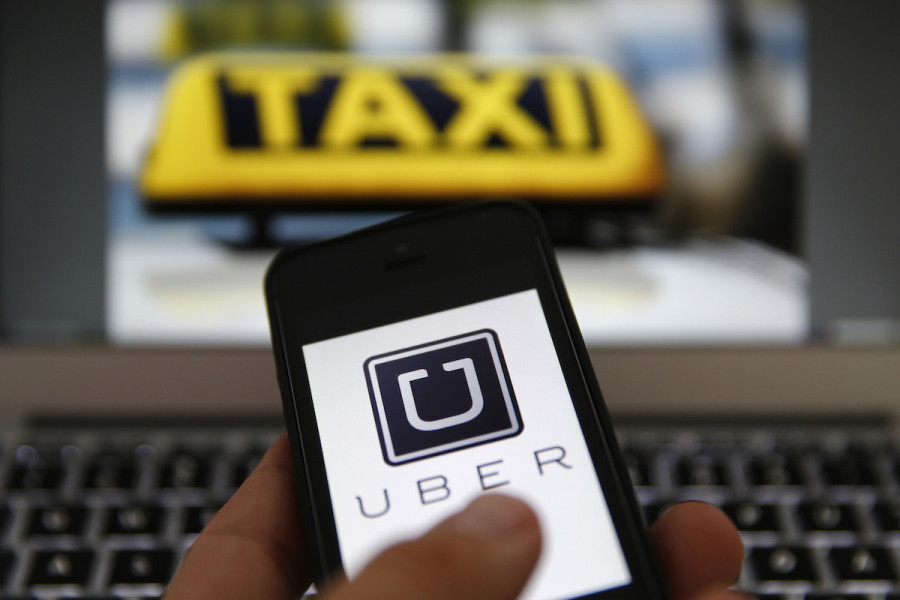Physically challenged residents in Boston can now use Uber or Lyft as part of the subsidized plan for travelers that need paratransit services. The two companies have partnered with the Massachusetts Bay Transportation Authority. The new relationship will save millions of dollars on transportation to the state.
The nation has been pressed to reduce costs regarding subsidized services available for those who cannot take conventional public transit, which is a multi-million-dollar expense. To adjust to the budget, the Massachusetts Bay Transportation Authority came up with the idea to use the popular app-based companies Uber and Lyft to solve the problem. The Boston program launched on Friday afternoon a pilot, to see how well will the idea work in the city.

The rides’ price would decrease from $31 to $13
The initiative came after several customers asked for same-day, flexible and on-demand transportation that is lacking in the paratransit service, transportation officials said. If the partnership with Uber and Lyft works, the MBTA would save million of dollars.
The Ride is Boston’s door-to-door service for the physically challenged and elderly and has a budget over $100 million a year. Each ride costs $31, according to officials.
The MBTA general manager, Brian Shortsleeve said the new project would enable the agency to reduce its overall expenses. A paratransit trip with Uber and Lyft would cost the MBTA $13.
The agency would be saving up to 70 percent, and if the project works, Shortsleeve and his team hope the idea will expand dramatically, reducing the total cost per trip.
MBTA riders will only pay the first $2 of each trip. If the ride is more expensive than $13, the amount will be charged to the rider.
People needing paratransit services from Uber and Lyft will have to use the companies’ apps to ask for a ride. Lyft is also providing access via telephone.
Uber will not have the phone option, yet, but officials said the shared-ride service would be providing smartphones to some customers that do not have access to this type of technology.
Uber and Lyft have to train their drivers to deal with special-needs populations. A share of the cars should be wheelchair user accessible, and service animals should be allowed. All those terms are part of the agreement.
A paratransit ride averages $29.30 in the U.S., which is about three and a half times more expensive than the mean cost of $8.15 for regular routes or trips, said the Government Accountability Office.
In some cities, rides for physically challenged and older adults could cost up to $57. In New York, the service costs about $50.
The Boston initiative inspired the Washinton Metropolitan Area Transit Authority to start a program in the spring to reduce the costs of paratransit trips, also using companies similar to Uber and Lyft. If the plan is carried, the state could be saving up to $6 million annually.
Source: The Washington Post

Considering that Uber prices are almost always way higher than their ‘estimated prices’ – often to the tune of 200%-400% more(!), I’m quite sure that those using it will soon realize they are overpaying for whatever service uber provides. Uber’s commission is 30-40% off total amount you end up paying – with that formula the higher uber charges you – the bigger uber’s corporate profit. Call me skeptical on this “news”.